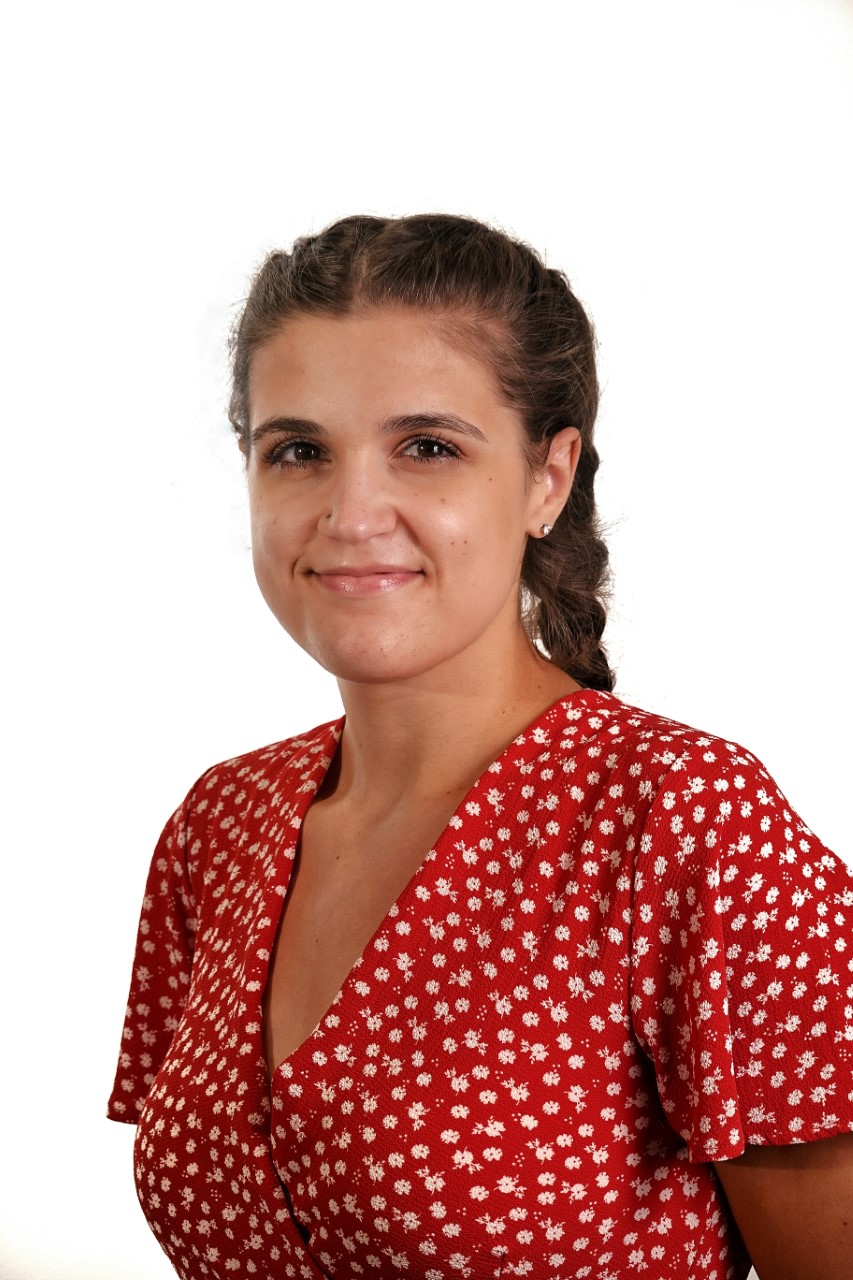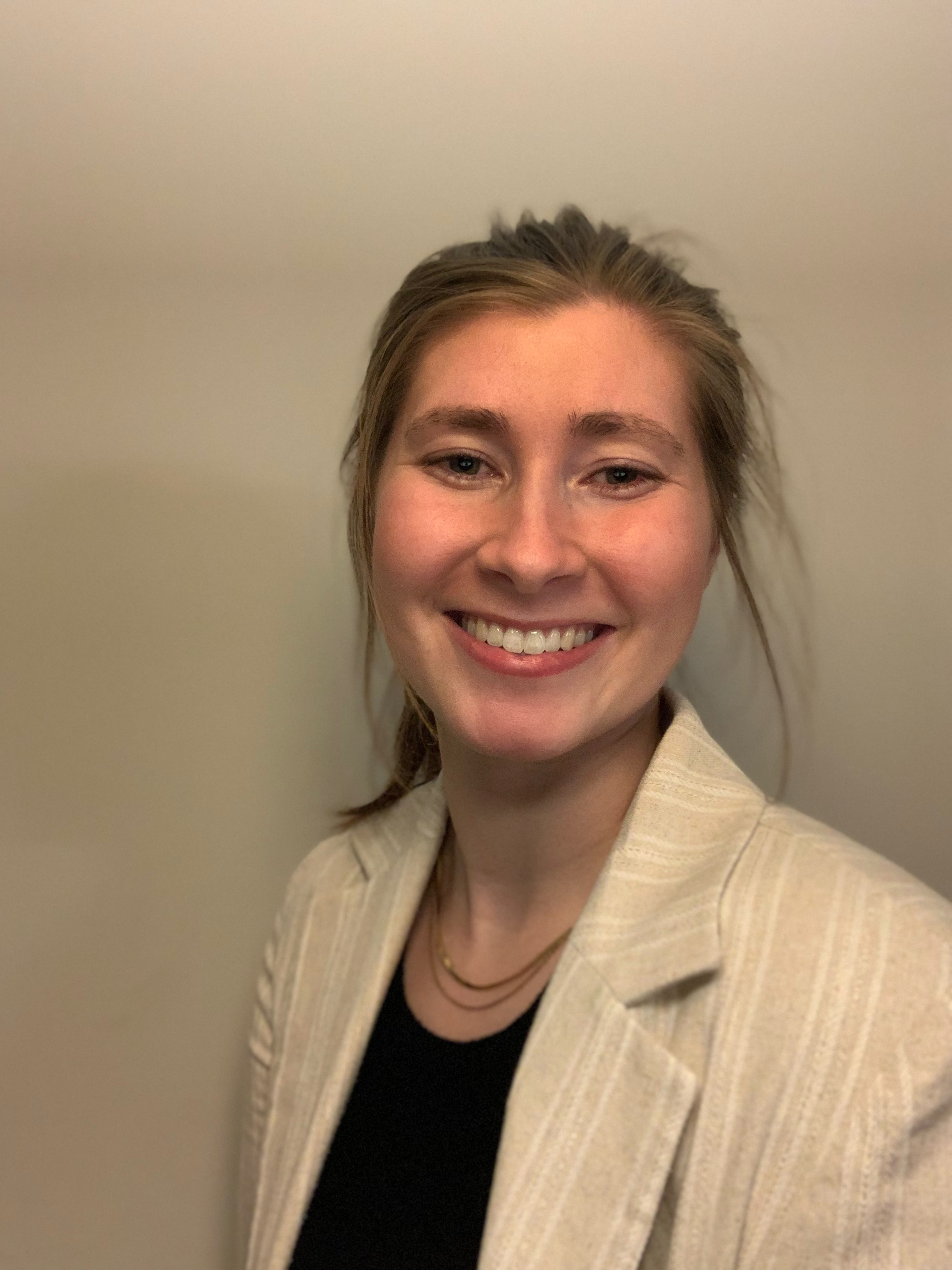Team Members

Gregory D. Myer, PhD, FACSM, CSCS*D
Dr. Myer is serving or has served as an investigator on several multi-million dollar federal and industry-sponsored grants in support of knee injury/concussion prevention and exercise training for performance, injury prevention, rehabilitation and health research. From a standpoint of moving the field forward with injury prevention, rehabilitation and sport performance science in the young athlete, Dr. Myer’s scientific impact is highlighted by his efforts to translate scientific discovery into innovative clinically viable tools that can be widely disseminated and benefit targeted populations. Along these lines, Dr. Myer and his team have invented aNMT (patented-augmented neuromuscular training; pronounced “animate”), a self-guided interactive biofeedback technology for improving rehabilitation and preventing injuries. aNMT biofeedback is created and driven from a user’s own real-time biomechanical (movement) data, which “animate” an interactive object that will support personalized tele-medicine of the future. The biofeedback system was awarded the Innovations funding and Third Frontier Innovation Creative Opportunity funding and has been designated as a top medical innovation targeted for commercialization accelerator programs. In line with innovations that are focused to ‘make a difference,’ Dr. Myer has led investigations into strategies to best prevent brain injury in response to head impact exposure in sports. Specifically, he has led clinical trials that supported FDA clearance for an innovative medical device designed to prevent brain injury from sports related head impact and avert these and other negative outcomes. Building upon these achievements, Dr. Myer is uniquely positioned to lead the state-of-the-art Emory Sports Performance And Research Center (SPARC) located at the Atlanta Falcons football headquarters that will serve as the nation’s leading center for research advancements and dissemination of injury prevention, rehabilitation and sport performance in young athletes.
Jed A. Diekfuss, PhD
Dr. Diekfuss provides unique interdisciplinary expertise that will accelerate SPARC as the premier center for injury prevention in youth athletes. Dr. Diekfuss holds Bachelor’s and Master’s degrees in experimental psychology from the University of Wisconsin-Oshkosh and a doctorate in kinesiology from the University of North Carolina at Greensboro (applied neuromechanics). More recently, Dr. Diekfuss specialized his research in neuroimaging and motor control while a post-doctoral research fellow at Cincinnati Children’s Hospital. In direct alignment with the proposed field-based and lab-based research programs, and the overall aims of SPARC more generally, his primary expertise is in the neuroscience of human movement. Specifically, he integrates novel neuroimaging methods to discover the brain mechanisms underlying ACL injury, injury prevention, and injury rehabilitation. Dr. Diekfuss has published extensively in movement neuroscience, highlighted by his lead author publication that received the Journal of Science and Medicine in Sport’s editor’s choice award for the discovery of a potential neural biomarker underlying ACL-injury risk. Dr. Diekfuss has further translated his expertise to support brain injury prevention research and has served or is serving as co-investigator on numerous intramural and extramural grants that have procured over $1.8 million in funding. Dr. Diekfuss has considerable expertise in neuroimaging analytics for a range of modalities including task-based fMRI, resting-state fMRI, structural MRI, diffusion tensor imaging, and more. Further, his expertise in interpreting neuroimaging findings within the context of human movement are directly aligned with the aims of the Dynamic Imaging Systems Creating Opportunity for Visionary Education and Research (DISCOVER) and Integrated Motion Analysis for Gross-motor Imaging & Neuroscience Exploration (IMAGINE) programs within SPARC. Dr. Diekfuss’ unique, harmonized experience across neuroscience, ACL injury, sports-related concussion, and human movement will provide the expertise to propel SPARC as the premier headquarters for injury prevention research in youth athletes. Dr. Diekfuss will serve as a key faculty member at Emory and is on trajectory to achieve scientific breakthroughs that will continuously advance SPARC for years to come.
Social Media Links:ResearchGate
Pubmed
Google Scholar
Christopher Riehm, PhD
Dr. Riehm studies human perception and action by combining virtual reality, full-body motion capture, and mobile Electroencephalography (EEG). He also employs advanced statistical techniques to characterize data generated from the brain and body, aiming to clarify the complex aspects of sensorimotor function that both enable human performance and cause debilitating injury. Chris started his academic journey by studying ecological psychology and embodied cognition, which stress the importance of research methodologies that allow the function of brain-body-environment systems to be captured holistically. At SPARC, he applies this philosophy to the study of sports, which consistently prove the deeply dynamic and context sensitive nature of human behavior. Chris is also interested in music and sound; his dissertation addressed the dynamics of sound localization behavior using VR and HRTF based spatialization. In his free time, Chris plays instruments, sings, and builds virtual reality games and other software.
Social Media Links:
Linkedin
Google Scholar
ResearchGate
Email
Kim Barber Foss, PhD, ATC, LAT, CCRP
Kim brings thirty-one years of mTBI and injury prevention experience as an athletic trainer and researcher. She is a successful injury epidemiologist and has been responsible for the injury surveillance, exposure tracking, and real time management of all previous investigational clinical trial studies. Her background as an AT is vital for oversight of clinical trials and specifically the field of epidemiology for injury outcomes. Dr. Barber Foss’ previous injury surveillance work as the Project Coordinator of the National High School Sports Injury Registry (NHSSIR) was a groundbreaking endeavor with participation from 250 high schools across the United States. Dr. Barber Foss is very experienced in large scale injury surveillance and exposure tracking. She co-authored one of the most influential manuscripts on sport-related mTBI incidence in the Journal of the American Medical Association. Dr. Barber Foss maintains extensive experience in collecting high-quality, electrophysiological data across numerous published studies. She has published extensively, most notably in injury epidemiology, biomechanics, and brain injury. Dr. Barber Foss is also a member of national, district, and state athletic training associations and belongs to several committees within those organizations including the NATA Analytics and Outcomes Committee, and SEATA Research and Education Committee. She is also on the Board of Directors of the National Operating Committee on the Standards of Athletic Equipment (NOCSAE) representing the NATA. Kim has been recognized for her excellence in athletic training where she has received the 2018 Gatorade Secondary School Athletic Trainer of the Year District 4, 2019 NATA Service Award, 2020 NATA Most Distinguished Athletic Trainer Award, and 2020 NATA Secondary School Athletic Trainer of the Year award District 4. She was also selected as the 2019 Girl Scouts of Western Ohio Woman of Distinction, as well as being a 2024 inductee into the National Academy of Practice. Dr. Barber Foss is passionate about translational research and being a clinician scholar, taking her research from laboratory to field based and clinical integration to impact athlete outcomes and community services.
Andrew Schille, MS
Andrew is a Research Technical Specialist with over 5 years of experience who maintains considerable knowledge pertaining to motion analysis systems, data management, and data processing/analysis. Specifically, he has collected, cleaned, and managed motion analysis data from multiple sites capturing and processing data simultaneously for our NIH funded projects, and will provide a similar role at SPARC while also engaging in biomechanical data analyses for all projects. Not limited to just the motion systems, Andrew also works to maintain the integrity of the force platforms, instrumented devices, other technologies, and the overall SPARC facility. Andrew is also trained in the implementation of our neuromuscular training programs, overseeing the execution of these programs at Emory SPARC.
Taylor M. Zuleger, PhD
Dr. Taylor Zuleger is a neuroscientist and post-doctoral research fellow at the Emory Sports Performance and Research Center (SPARC). His work is dedicated to understanding how concussive, sub-concussive, and blast-related head impacts alter brain function and structure, with the goal of elucidating neurophysiological changes and improving rehabilitation strategies following neurological injury. His research integrates advanced neuroimaging and neuroscience techniques to explore the neuromechanisms underlying movement dysfunction, as well as cognitive and mental health outcomes following brain injury, particularly in adolescent athletes and military personnel exposed to blast injuries.
Dr. Zuleger earned his PhD in neuroscience from the University of Cincinnati and has extensive experience in human movement neuroscience research and functional neuroimaging. He holds dual bachelor’s degrees in psychology and human biology, with an emphasis on human behavior and health, from the University of Wisconsin-Green Bay. Prior to his doctoral studies, he completed post-baccalaureate training (R25 award) at Northwestern University and the Shirley Ryan AbilityLab, where he investigated novel rehabilitation strategies to improve movement outcomes in stroke survivors.
With over eight years of neuroscience-related research experience, Dr. Zuleger is proficient in electroencephalography (EEG) and magnetic resonance imaging (MRI) data collection and analysis. During his PhD studies, he cultivated expertise in functional MRI (fMRI) and MR-safe biomechanics assessments to investigate neural activity alterations in adolescent athletes exposed to repetitive head impacts and those with a history of concussion. His work, supported by a T32 training grant, focused on how the application of lower extremity movement paradigms during fMRI could be used to investigate brain-based biomarkers contributing to future lower extremity injury risk and movement dysfunction. This work was also extended to explore rehabilitation strategies aimed at improving neuromuscular outcomes following sports-related head impacts.
Currently, Dr. Zuleger oversees all neuroimaging related data collection and methodology at Emory SPARC. He also contributes to analyses, interpretation, and dissemination of findings on related musculoskeletal imaging projects that assess injury risk and recovery in adolescent athletes. His work at SPARC aims to bridge the gap between neuroscience and sports medicine by identifying brain-based biomarkers associated with future injury risk, mental health outcomes, and recovery, ultimately informing strategies to reduce the long-term consequences of neurological injury. In addition to his role at SPARC, Dr. Zuleger is a part-time member of the Fleischer Biomedical Spectroscopy and Imaging Laboratory (BSIL) at Emory University School of Medicine. Here he provides support for undergraduate students by contributing to their research development and expanding his collaborative efforts within the field.
Dr. Zuleger’s expertise and commitment to advancing neuroimaging methodologies align with his long-term goal of reducing the negative sequelae of neurological injury. His contributions make him a valuable asset to Emory SPARC and the broader scientific community.

Shayla Warren, BA/BS
Shayla is a Clinical Research Coordinator III, with a combined 6 years of research experience. She has extensive experience with electroencephalography acquisition and conducting research amongst pediatric and adolescent populations. Previously, Ms. Warren assisted with research pertaining to mild traumatic brain injury, sport psychology, facial processing, language and literacy in at-risk pediatric populations, quality of life for adolescents with autism spectrum disorder, and pediatric ethical decision making. At Emory SPARC, she aims to further isolate brain alterations associated with childhood and adolescent brain injury to support the development of novel injury prevention technologies. Specifically, she utilizes modalities including functional magnetic resonance imaging and electroencephalography to inform novel treatments that promote neural recovery. Ms. Warren brings her expansive experience with prospective longitudinal clinical trials and pediatric research to support all study activities at Emory SPARC, with a primary focus on neurologic assessment methods and protocols. Outside of research activities, Ms. Warren supports local school tours, student activities, as well as workplace training and supervision.

April McPherson, PhD
Dr. April McPherson’s research area of interest is the increased risk of lower extremity musculoskeletal injury following a concussion. She is passionate about application and dissemination of research findings beyond the walls of academia to support athletic performance and reduce the risk of injury. At SPARC, Dr. McPherson is leading our recently developed virtual-reality initiative, GIVES, focused on high school outreach and implementation. Dr. McPherson completed her undergraduate degree in Biomedical Engineering at the University of Cincinnati, where she also ran track and field. She then completed her PhD at the Mayo Clinic, where her thesis focused on how neural contributions affect ACL injury risk and recovery. She supported Team USA for 3 years as an associate data scientist for sports medicine and performance before joining the team at Emory SPARC.
Tessa Hulburt, PhD
Dr. Hulburt is a post-doctoral fellow, bringing expertise in human motion biomechanics and 3-dimensional (3D) motion analysis techniques. Dr. Hulburt completed her PhD at Virginia Tech - Wake Forest University, where she studied the biomechanics of common and repetitive sport-specific motions in dancers and baseball pitchers with the goal of reducing overuse injuries by identifying and addressing unsafe movement patterns.
At SPARC, her research aims to unravel the intricate relationship between pain and movement. Her work is driven by the overarching goal to identify and eliminate barriers that impede comfortable and safe movement for people with complex pain conditions. She contributes her biomechanical expertise to the aNMT (augmented neuromuscular training) and FIT Teens (Fibromyalgia Integrative Training Program for Teens) teams to understand how biofeedback and neuromuscular training can be applied to both athletic and patient populations to create a foundation of pain-free and safe movement patterns. She aims to continue building upon this work to develop movement-based therapies to improve the quality of life for individuals suffering from pain.
Samuel Kwak, PhD
Dr. Kwak uses principles of biomechanics to research ways to enhance human performance in the context of sports. He brings a wealth of experience in studying how human muscles and tendon behave under load, beginning his research career in high school as he spent time at Northwestern University's Feinberg School of Medicine evaluating the effectiveness of various rehabilitative devices on gait before continuing on to obtain an undergraduate degree in Biomedical Engineering at the University of Rochester, investigating the biomaterial properties of human tendon. Most recently, Dr. Kwak completed his Ph.D. in Applied Physiology at Georgia Tech learning about how muscle lengthening feedback may be leveraged by the nervous system to indirectly estimate more abstract measures. These experiences have afforded him a diverse skillset in 3D motion analysis, ultrasound, machine learning, among others to effectively tackle the most pressing questions in sports science research.

Korbyn Stahl
Korbyn is in her final year pursuing her Bachelor of Science in Health Sciences through Arizona State University. Korbyn serves as a Clinical Research Interviewer and works alongside Dr. April McPherson and Dr. Chris Riehm to develop and lead the Georgia Initiative for Virtual-Reality in Education and Sport (GIVES) project. Within SPARC, Korbyn oversees the Hall County Work-Based Learning program, offering students valuable exposure in sports performance and research career fields.

Hung-I Hsiao, PhD
Angela Skarpelis, MS, CSCS
Angela Skarpelis is a Research Specialist, Lead whose expertise in coaching and program design helps to bridge the gap between research and the practical application of sport science in order to support athletes’ performance goals and reduce risk of injury. Within her role at Emory SPARC, she helps to facilitate data collection in several ACL studies, using markerless motion capture, force plate testing, and dynamometry of the lower body. After testing sessions, she organizes the athlete’s performance data into streamlined reports for the families and surgeons to keep track of through the recovery process. Additionally, she assists with the cleaning and analysis of biomechanical data for various SPARC projects. As an Olympic weightlifting coach and NSCA Certified Strength and Conditioning Specialist, she focuses on individual as well as team sport athletic development, designing programming with an emphasis on: movement quality and proficiency, tendon/joint resilience, periodization specific to the athlete and his/her competitive season, and, most importantly, relationship-building. She earned her Master’s degree in Exercise and Sport Science at Merrimack College, where she was awarded a strength & conditioning graduate fellowship. As a graduate fellow, she worked with more than 20 sports teams, including direct responsibility for the creation and implementation of a strength and conditioning program for the women’s rowing and women’s soccer teams, and revised programming for injured and RTP football players. After completing her fellowship, she served as one of the on-floor Olympic weightlifting coaches at Power & Grace Performance in Lawrenceville, GA, aiding in the growth of the organization's sport science initiatives through routine athlete monitoring (e.g., force plate testing, barbell velocity tracking, training data collection). She also writes free educational material on sport science and training theory implementation, with the aim of disseminating research in a concise and accessible way to the entire weightlifting community. Outside of coaching and research, Angela enjoys exploring Atlanta’s coffee and croissants scene, competing in the sport of Olympic weightlifting, and attending a wide variety of concerts.

